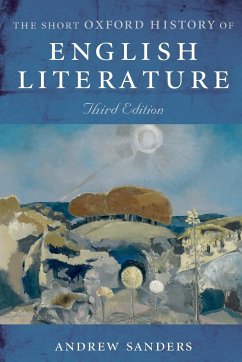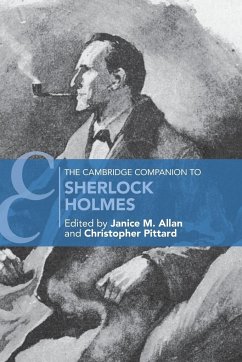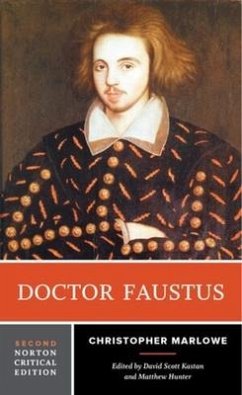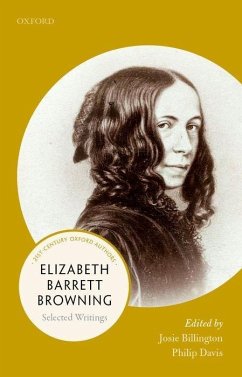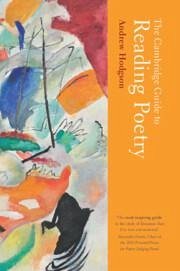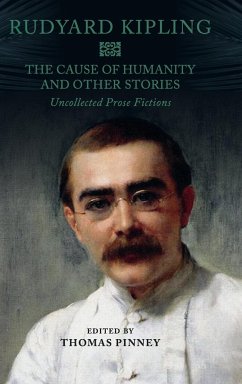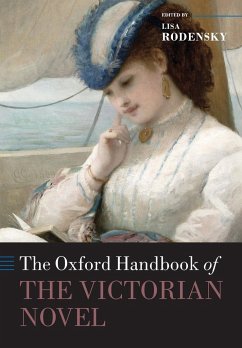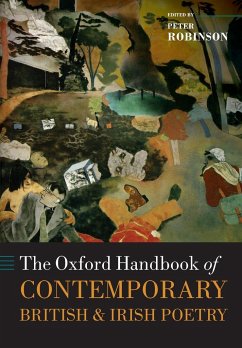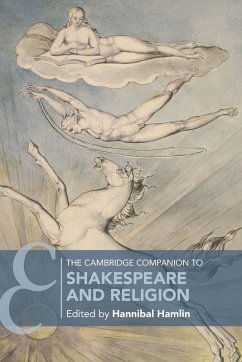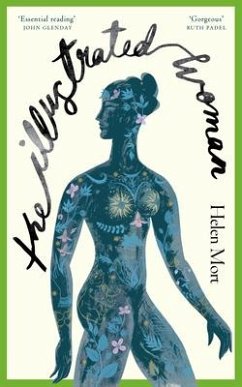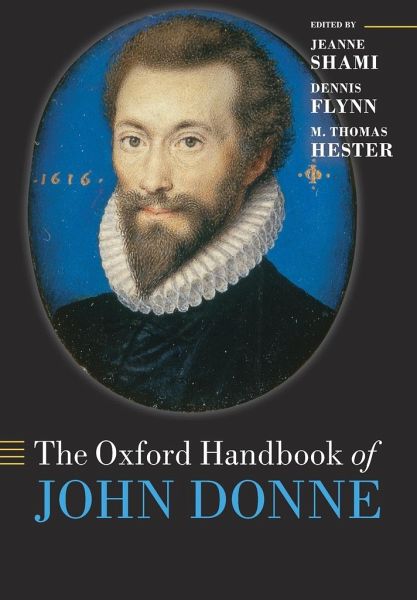
The Oxford Handbook of John Donne
Versandkostenfrei!
Versandfertig in 1-2 Wochen
61,99 €
inkl. MwSt.

PAYBACK Punkte
31 °P sammeln!
With over fifty newly commissioned essays from leading international scholars, The Oxford Handbook of John Donne links past scholarship with current and future re-definitions to provide a distinctive response to Donne and the significance of his work, and forms an essential contribution to early modern studies.





